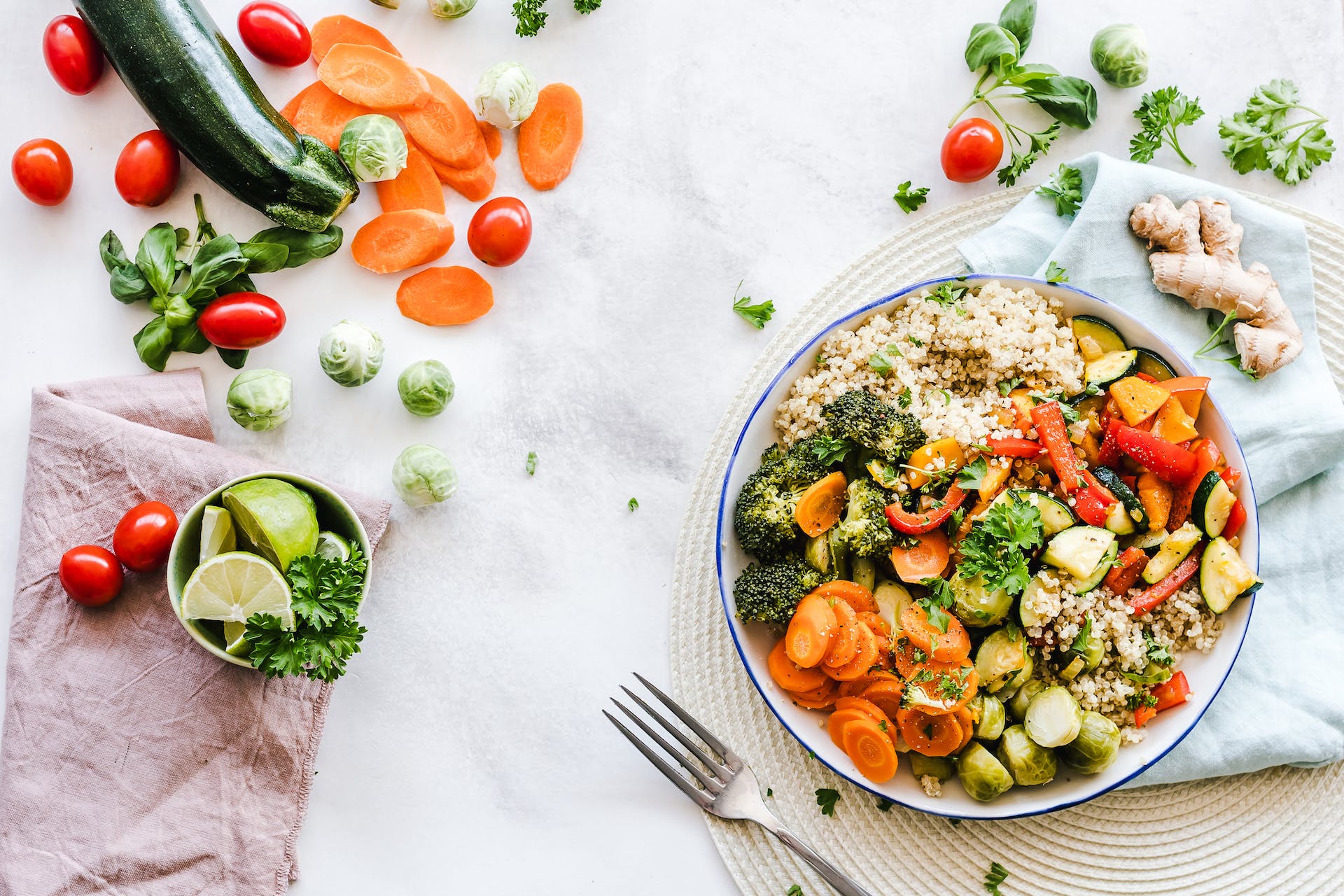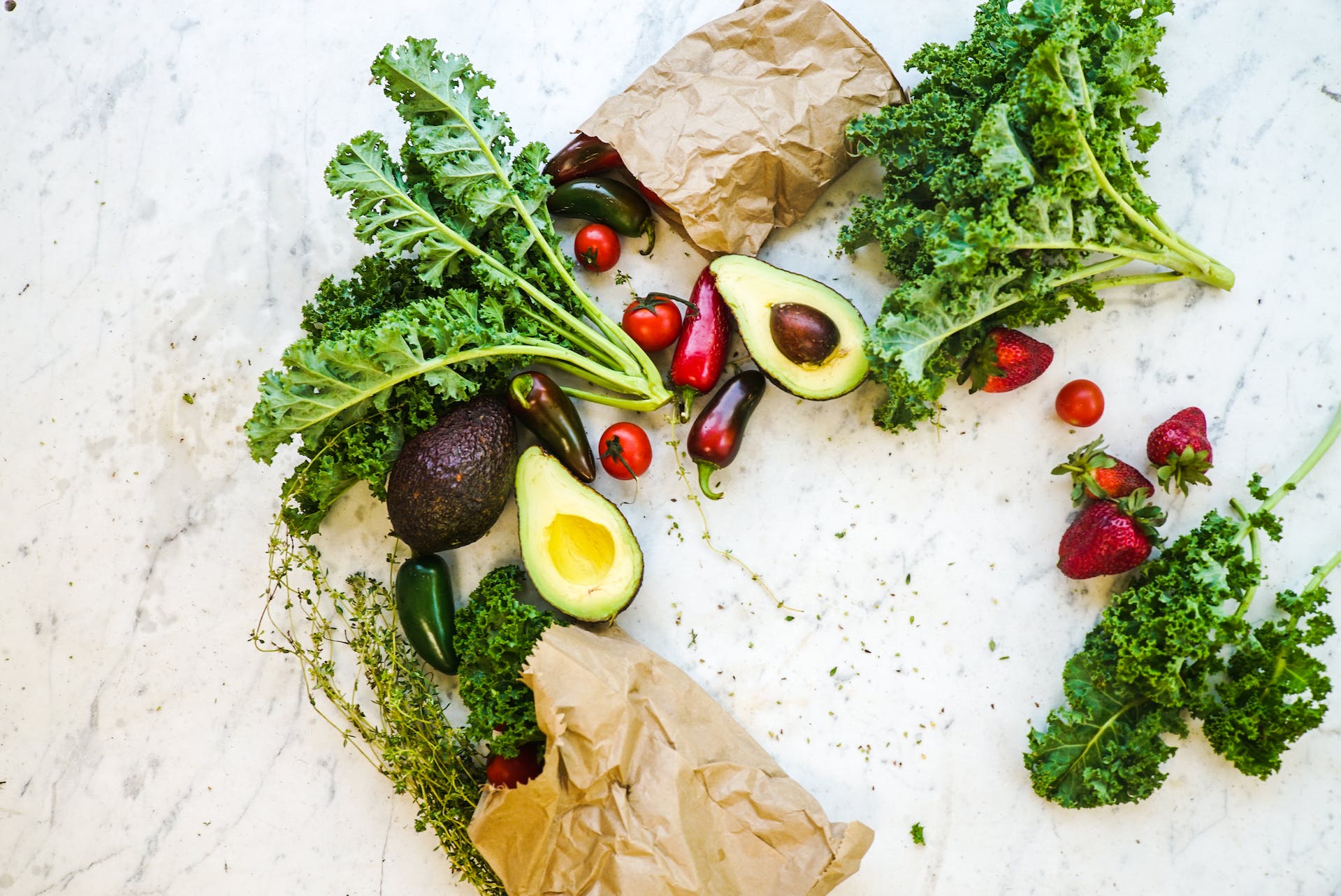Introduction
Explore the numerous benefits of adopting a Vegetarian lifestyle, along with some key components, potential health advantages, nutritional considerations, and even sample meal plans. Whether you're already a Vegetarian or considering making the switch, we've got you covered!
About the Vegetarian Diet
The Vegetarian diet primarily focuses on plant-based foods, with the exclusion of meat and seafood. However, there are different variations within the Vegetarian spectrum, such as lacto-vegetarian (including dairy products), ovo-vegetarian (including eggs), and vegan (excluding all animal-derived products). This dietary choice not only benefits our health but also supports sustainable and ethical practices.
Key Components
A well-balanced Vegetarian diet revolves around incorporating a variety of fruits, vegetables, whole grains, legumes, nuts, and seeds into your meals. These components provide an abundant source of essential vitamins, minerals, fibre, and antioxidants necessary for optimal health. Don't be afraid to experiment with different ingredients to keep your meals exciting and flavourful!
Potential Health Benefits
By embracing a Vegetarian diet, you open the door to a range of health benefits. Some studies suggest that Vegetarians tend to have a lower risk of heart disease, high blood pressure, type 2 diabetes, and certain types of cancers. The high fibre content in plant-based foods can aid digestion and help maintain a healthy weight.
Nutritional Considerations
While a Vegetarian diet can provide ample nutrients, it is essential to pay attention to specific nutrients that may require additional attention, such as iron, vitamin B12, calcium, and omega-3 fatty acids. Incorporating foods like leafy greens, tofu, lentils, fortified cereals, and flaxseeds can help meet these nutritional needs. However, consulting a registered dietitian for personalised guidance is always a wise choice.
Sample Meal Plans
Now, let's dive into some delicious sample meal plans to inspire your culinary journey:
Breakfast:
- Start your day with a hearty bowl of oatmeal topped with fresh berries, sliced almonds, and a drizzle of honey.
- Alternatively, whip up a nutritious veggie-packed omelet, accompanied by whole-grain toast and avocado.
Lunch:
- Enjoy a vibrant Mediterranean-inspired salad with mixed greens, cherry tomatoes, cucumber, olives, feta cheese, and a tangy vinaigrette.
- Savour a protein-rich chickpea and vegetable stir-fry served over quinoa or brown rice for a satisfying meal.
Dinner:
- Relish a comforting plate of roasted butternut squash with a sprinkle of cinnamon, served alongside a protein-packed black bean and sweet potato chili.
- Indulge in a flavourful vegetable curry, prepared with an array of colourful veggies and served with fragrant basmati rice.
Health Considerations
While the Vegetarian diet offers numerous health benefits, it is vital to maintain a balanced approach. Ensure you consume a variety of plant-based proteins, whole grains, and healthy fats. Regular physical exercise and adequate hydration are equally important for overall well-being.
Tips
- Gradual Transition: If new to the Vegetarian diet, start by incorporating Meatless Mondays and gradually increase the number of vegetarian meals throughout the week.
- Explore Plant-Based Proteins: Experiment with legumes, tofu, tempeh, seitan, and quinoa to discover new and exciting sources of protein.
- Meal Prepping: Plan your meals in advance to save time and ensure you always have nutritious vegetarian options available.
- Get Creative with Spices: Experiment with different herbs and spices to add depth and flavour to your vegetarian dishes.
Conclusion
By embracing the Vegetarian diet, you are embarking on a journey towards a healthier and more sustainable lifestyle. With an abundance of delicious plant-based foods at your fingertips, you can enjoy a varied and nutritious diet. Remember to prioritise balance, experiment with new flavours, and listen to your body's needs. Cheers to a vibrant and fulfilling Vegetarian lifestyle!




